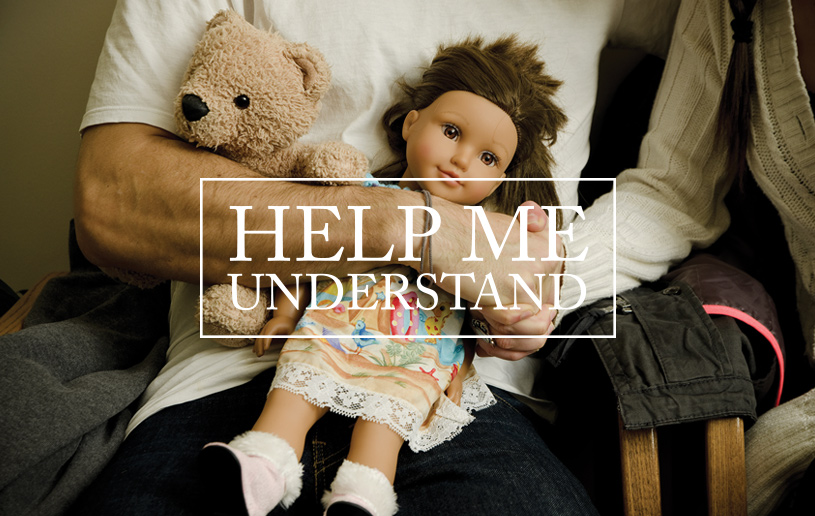
My family and I moved to a new city, leaving all our friends and family. While we haven’t been here long enough to make any solid connections we have found a church we’re thinking of attending. The stress of settling into new jobs, schools, and daily life is daunting but it is nothing compared to what happened this week. It started when my daughter got dizzy at school. Her teacher called and by the time I arrived at the school she could no longer walk unaided. We rushed to the hospital where they began tests. Three days later we’re no closer to answers. We have no friends, no support network, and no clue how to get through this. I don’t know how I’m going to keep it together.
OUR PROBLEM
A crisis is any event that leads, or is expected to lead to, an unstable and dangerous situation, which affects an individual, family, group, community or society as a whole. Crises are deemed to be negative changes in life especially when they occur abruptly. Since a crisis is a testing time or an emergency event, we may panic, become stressed, or struggle to cope as a result.
GOD'S ANSWERS
Regardless of the reason for the crisis God is always in control. He cares about what we are going through (1 Peter 5:7) and He never forsakes us (Hebrews 13:5). God provides grace for our times of need if we humbly look to Him (John 15:5; Philippians 4:13). That grace can manifest itself in whatever we need: peace (Isaiah 26:3), comfort (Psalm 23:4), stability, protection, or guidance (Psalm 31:3). He will strengthen and uphold us (Isaiah 41:10). God also assures us that He can work in and through the crisis for our good and His glory (Romans 8:28).
THE SOLUTION
HEAD
- Acknowledge that you are in crisis. Denial just adds another level of stress.
- Accept what you cannot change. There may be things you cannot control.
- Determine to get through this crisis with the Lord's help.
- Choose your attitude. While you may not be able to control the circumstances you can control your response to them. The best response is that of positive trust in the Lord. Be in the Word and memorize some of the passages above to help you trust and focus on the Lord.
HEART
- Feelings of helplessness and panic are normal. Allow yourself to express your feelings but focus them only on the crisis, not on everything in your life. Recognize that there are still other things in your life that are positive and controllable.
- Believe that God is in control and has His purposes for allowing the crisis (Romans 8:28) including making us more like Christ.
- Do not envy others who don’t appear to have trouble as it only demoralizes (Psalm 73).
- Purpose to live the life you’re given the best you can.
HANDS
- Commit the crisis to the Lord in prayer (1 Peter 5:7).
- Ask God to show you if there are things you need to learn. God is always at work in us to make us like Christ. He always wants us to depend on Him totally.
- Manage your body's response. Breathing deeply, exercise, and eating properly help relieve the stress associated with crises.
- Seek support and help if possible. Likely there are others who have faced a similar crisis and who may be willing to share their experience.
- Manage the crisis step by step. When in crisis, panicking and acting on impulse are not helpful. Prioritize what needs to be done and compartmentalize your problems into bite-sized pieces. This will make them more manageable.

